2つ目に紹介するのは「History: Cultures of China: Conflicts and Continuities」という中国文化の歴史を扱った授業です。
この授業は、よくここまで教授が準備したなあと思うくらい、うまく構成された授業です。多角的な視点から、さまざまな文献を読みつつ、古代から現代までの中国について学びます。
この授業で特徴的だと思うのは、原典を読むことです。中国語の原典の英訳を読むのはなかなかユニークな体験です。たとえば、原典では「如何」と重々しく書かれていても、英語訳では”What’s this!?”となっていました。いや、What’s this!?ではないだろう。少なくとも「!?」はおかしかろう、違うだろう、なんて思ったのを覚えています。訳によって変わってしまったり、失われてしまう意味もあるのも確かですが、教科書の解説を読んで納得して終わるのではなく、自分で原典を読んで、自分なりの解釈を考える訓練をさせてもらえるのは、非常に有意義な経験です。
教授からの質問
授業は講義半分、ディスカッション半分で進みます。先ほど触れたように、教授は、毎回のディスカッションで扱う問題をメールであらかじめ送ります。以下が例です。
1. What kinds of different approaches to learning in general do you find in the texts we’re reading for today? What similarities are there between different modes of learning?
2. What do you think of the Thousand Character Classic, the Meng Ch’iu, and the Three Character Classic as educational tools? What sorts of knowledge do they convey? What types of educational structure might they require to be used effectively (keep in mind that they are intended for young children)? What types of educational values do they seem to embody?
3. How about Wang Wei’s “Stopping by the Temple of Incense Massed” about learning? How does it conceptualize knowledge?
4. What is the value of the “child mind” according to Li Zhi and Yuan Hongdao? How do you see these pieces fitting in with other models of learning we’ve seen? What similarities are there between these ideas and those of Zhuangzi?
5. What similarities do you see in the basic approach to “learning,” if we may call it that, in the pieces by Li Zhi, Yuan Hongdao, and Zuqin?
こんな質問を授業中にぽいっと聞かれます。正直言ってよくわかりません。原典を基に自分で考えた何かしらを話します。何かを言えば、教授やほかの学生から何かしらのレスポンスは返ってくるので、妙なことを言ってしまっても次に挽回すればいいや、という心持ちで臨むようにしています。教授としても、教授の解釈を正解として教えることよりも、ディスカッションを通して、さまざまな視点から文献を理解するという視点を教えることに意義をおいているように思います。
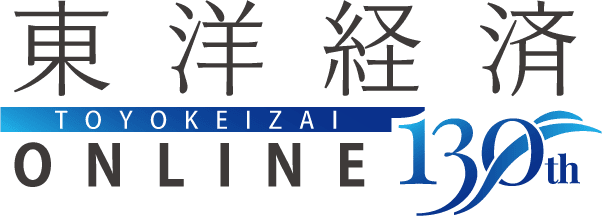
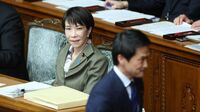
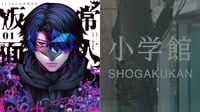


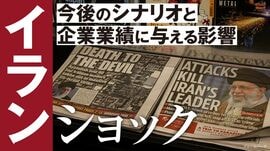
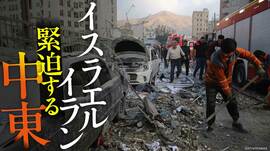


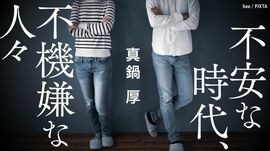

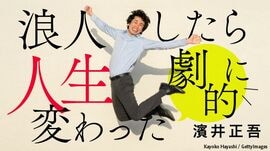
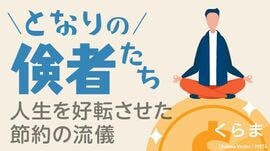










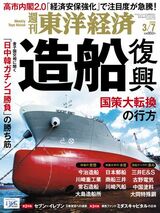







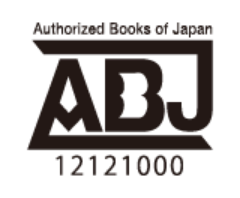

無料会員登録はこちら
ログインはこちら